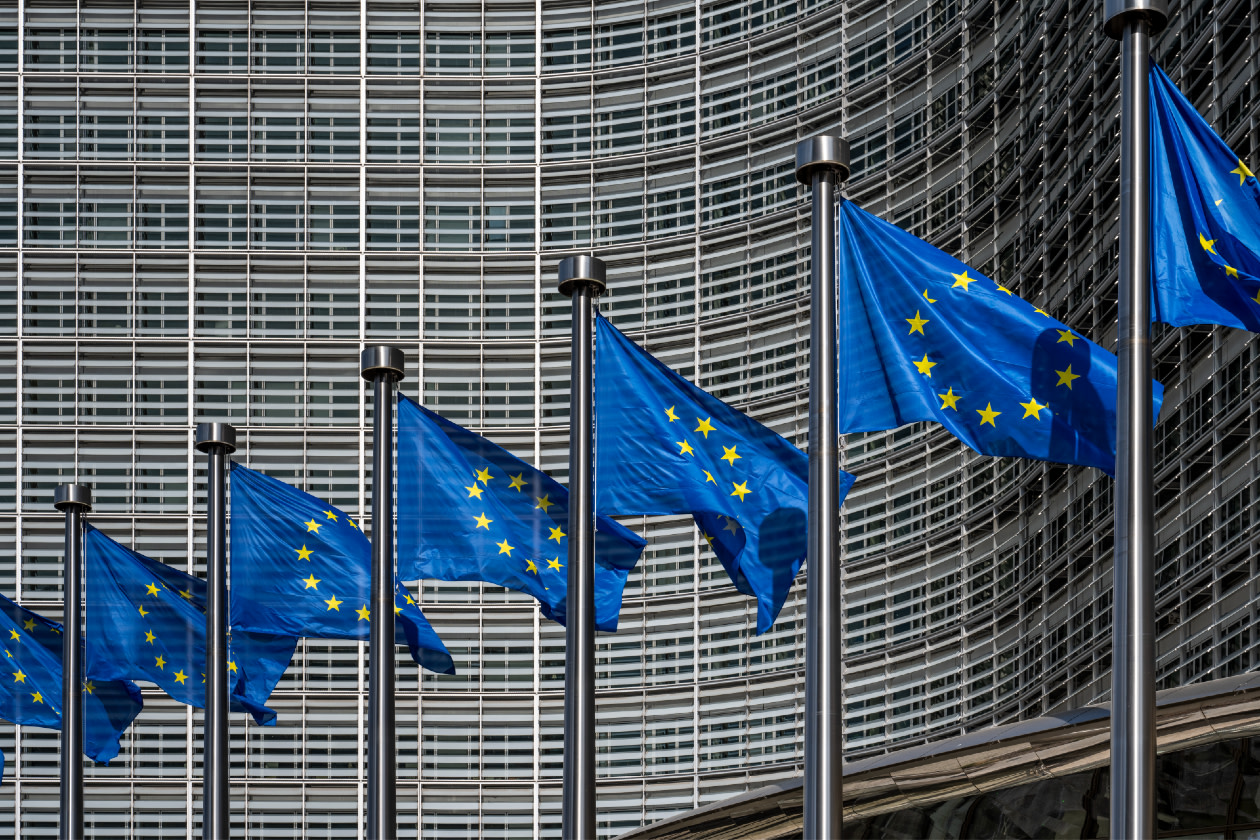Keir Starmer’s government must spell out what it wants from a reset of Britain’s relationship with the EU, the European parliament’s lead MEP on the UK has said.
In his first interview since being elected chair of the European parliament’s delegation to the EU-UK parliamentary partnership assembly earlier this month, Sandro Gozi, an Italian former European affairs minister, said there was potential for a reset with the Starmer government, which had shown “a change in attitude”.
“There is a possibility to enter into a new phase in our bilateral relationship,” said Gozi, a member of France’s Democratic Movement party, which is allied with President Emmanuel Macron’s MEPs.
The Italian politician said he was neither happy nor disappointed with the British government’s approach so far, and was in listening mode. “I think that it is the UK government who has to spell out what they mean with resetting,” he said. He hoped, he said, to see more cooperation on foreign policy and security, the green transition and artificial intelligence, but added: “It is the British side that must identify what are the possible items to tell us what we can do together.”
He was speaking before a working lunch between David Lammy and his EU counterparts in Luxembourg on Monday. Lammy will not be the first UK foreign secretary to attend a meeting of the EU’s foreign affairs council since Brexit – Liz Truss was a guest at an emergency meeting in March 2022 soon after Russia’s invasion of Ukraine – but it will be the first time the Labour minister has met all 27 EU ministers together.
The foreign secretary will also hold a bilateral meeting with the bloc’s chief diplomat, Josep Borrell, who chairs EU foreign ministers’ meetings. A high-ranking EU official said: “Finally, I hope, we are normalising Brexit and now we can start a new chapter in the relationship with the United Kingdom.” The meeting would be “an important point of departure to strengthen foreign policy cooperation with the United Kingdom”, the official said. “There is an interest in security agreements. There are many things that we can do together.”
As part of the government’s plan to reset relations with the EU, Lammy has sketched out a wide-ranging plan for a foreign policy and security pact with the EU covering the climate crisis, energy, pandemics and illegal migration.
The foreign secretary, however, is expected to discuss Ukraine and the Middle East with EU foreign ministers, rather than detailed talks on future agreements with the bloc.
Asked about Lammy’s ideas, one senior EU diplomat said: “We are very happy to see that the current British government is reaching out again to see where the EU and the UK can cooperate,” and described the two sides as natural partners. The diplomat added that security and defence “needed to be seen within the broader context of the UK relationship” but that it was “very clear to us that we both stand to gain from better and more intense cooperation”.
The EU has said the British government needs to fully implement existing agreements on Northern Ireland and the rights of EU citizens in the UK if it wants to improve the relationship.
Some allies of the European Commission’s president, Ursula von der Leyen, have also said the UK would be “judged on its willingness to compromise” on a proposed youth mobility agreement that would give British and EU nationals aged 18 to 30 rights to live, study and travel in the UK or an EU country for a time-limited period.
But Labour has resisted the proposals, fearing the scheme would be perceived as a return to free movement of people.
Related: Talks on UK rejoining EU could start in 10 years’ time, says Peter Mandelson
Gozi said he understood it was “a very sensitive issue” for the UK, adding: “At least we should be ready to actively discuss this issue between the two sides, because I personally believe that providing opportunities to young British citizens and young EU citizens is something that is very important.”
Later this month he and members of his committee will travel to London to meet MPs and possibly cabinet ministers. “I hope that we can create a special partnership with the UK because there are existential challenges that we are both facing,” he said, citing war in Europe, the climate crisis, global governance and the crisis of multilateralism in an age of growing threats to liberal democracy. From a military point of view, the UK was “an unavoidable partner”, he added.
While Labour has set out ideas for improving EU relations in its manifesto, EU sources say they need to see detailed plans. Despite Labour’s matching of Conservative red lines – no single market or customs union – some EU sources describe the situation as akin to the post-referendum days of 2016, when it was unclear to Brussels what kind of relationship the UK wanted with the union.
This article was written by Jennifer Rankin in Brussels from The Guardian and was legally licensed through the DiveMarketplace by Industry Dive. Please direct all licensing questions to legal@industrydive.com.

